©Sputnik/Alexey Nikolskiy; Chip Somodevilla/Getty Images
Today, March 18, 2025, President Trump and President Putin spoke about the need for peace and a ceasefire in the Ukraine war. Both leaders agreed this conflict needs to end with a lasting peace. They also stressed the need for improved bilateral relations between the United States and Russia. The blood and treasure that both Ukraine and Russia have been spending in this war would be better spent on the needs of their people.
This conflict should never have started and should have been ended long ago with sincere and good faith peace efforts. The leaders agreed that the movement to peace will begin with an energy and infrastructure ceasefire, as well as technical negotiations on implementation of a maritime ceasefire in the Black Sea, full ceasefire and permanent peace. These negotiations will begin immediately in the Middle East.
The leaders spoke broadly about the Middle East as a region of potential cooperation to prevent future conflicts. They further discussed the need to stop proliferation of strategic weapons and will engage with others to ensure the broadest possible application. The two leaders shared the view that Iran should never be in a position to destroy Israel.
The two leaders agreed that a future with an improved bilateral relationship between the United States and Russia has huge upside. This includes enormous economic deals and geopolitical stability when peace has been achieved.
A White House readout of the call said Putin supports Trump's idea for a mutual pause on energy infrastructure attacks -- but did not include a commitment to the 30-day truce accepted by Ukraine last week despite Trump's optimism in recent days that Moscow would go along.
Vladimir Putin has rejected an immediate and full ceasefire in Ukraine, agreeing only to halt attacks on energy infrastructure, following a call with US President Donald Trump.
The Russian president declined to sign up to the comprehensive month-long ceasefire that Trump's team recently worked out with Ukrainians in Saudi Arabia.
He said a comprehensive truce could only work if foreign military aid and intelligence sharing with Ukraine came to an end. Ukraine's European allies have previously rejected such conditions.
US talks on Ukraine are due to continue on Sunday in Jeddah, Saudi Arabia, the US envoy to the Middle East, Steve Witkoff, said.
‘Diplomacy returns’: Russian experts on the Putin-Trump call
The recent phone conversation between Vladimir Putin and Donald Trump – their second such discussion this year – has again drawn considerable attention. Lasting nearly two and a half hours, it became the longest call ever held between the presidents of the US and Russia.
Their dialogue primarily focused on bilateral relations and addressing the ongoing conflict in Ukraine. Key preliminary outcomes from the call include a mutual agreement to halt strikes on energy infrastructure for 30 days, establish a ceasefire in the Black Sea, exchange prisoners, and form expert groups from both Russia and the US to continue working toward peace.
Both the Kremlin and the White House praised the conversation as “very good” and highly positive. Here we explore if diplomatic and expert communities in Russia share the same view on these latest developments.
Konstantin Kosachev, vice speaker of the Federation Council:
The most significant takeaway from the recent call was that it truly felt like a dialogue, not two separate monologues. Importantly, it wasn’t conducted via typical, ultimatum-style demands – “accept our terms or face the consequences.” Russia refused to be baited into such rhetoric, and thankfully, the United States also avoided taking such a futile stance.
An undeniable step forward was made, as both sides showed genuine intent toward achieving tangible results. Unlike Europe’s provocative stance – claiming Russia must accept a 30-day ceasefire or be labeled anti-peace – the conversation prioritized comprehensive, long-term solutions over superficial PR stunts.
While no specific peace formula was presented today, Russia demonstrated its commitment through concrete unilateral steps in energy and humanitarian spheres. In contrast, Kiev’s offer of an uncontrollable ceasefire appeared more like a tactic to tarnish Russia’s image. Moscow chose immediate, practical actions over empty declarations – offering an example rather than an ultimatum.
The dialogue also highlighted the inherent value of Russia-US bilateral relations. Although Ukraine remains an important topic, it’s just one part of broader attempts to move past the problematic legacy left before Trump’s presidency. Symbolic gestures, like the idea of a joint hockey match, serve as positive signals encouraging both nations to “bury the hatchet” through peaceful interactions.
Remarkably, Europe’s near-total absence from post-call discussions underscores an understanding that, given the EU’s current destructive role, involving it could hinder rather than help diplomatic progress.
Critically, the establishment of expert groups to work on specific issues represents a practical step forward. Leaders set the tone, but experts will fill in the substantive details. Diplomacy, it seems, has truly returned.
Fyodor Lukyanov, the editor-in-chief of Russia in Global Affairs:
As expected, the hype surrounding the Putin-Trump call proved exaggerated. Attempts to portray it as decisive and historic fell flat. Still, it remains a meaningful step forward, allowing several preliminary observations.
©Sputnik/Kristina Kormilitsyna
First, developments align closely with Russia’s preferred approach. Moscow resisted immediate ceasefire calls, emphasizing the necessity for carefully structured long-term agreements. This effectively deflected Washington’s urgency, especially after the talks in Jeddah. Russia elegantly maneuvered by endorsing Zelensky’s earlier (later abandoned) proposal of mutual restraint in targeting energy infrastructure and ensuring safety in the Black Sea. Whether this moratorium comes into force remains uncertain, but its very discussion has shifted the momentum in Russia’s favor.
Second, the conditions for peace remain focused on Ukraine’s demilitarization – stopping weapons supplies and military mobilization. This returns to Russia’s original objectives in Ukraine, although fully achieving them remains complicated. A notable tension has emerged: the US can potentially curtail assistance, whereas Europe has continued to deepen its military commitment to Kiev. Military capability, rather than territorial matters, has taken center stage.
Third, the Ukrainian crisis is embedded within broader Russia-US relations. The extensive discussion of economic collaboration, however symbolic, underlines this broader context. Notably, the Middle East, particularly Israel’s security, has received considerable attention, suggesting that Trump’s priorities extend beyond Ukraine. Such priorities present opportunities for potential trade-offs – less critical issues for one side exchanged for the priorities of the other.
Overall, neither Kiev nor Europe received encouraging news. Their conspicuous omission reflects their diminished role. It remains to be seen whether future negotiation rounds will yield significant progress or collapse entirely – and whether we’ll ultimately see the much-discussed hockey match between the KHL and NHL.
Evgeny Minchenko, director of the International Institute for Political Expertise:
Moscow’s goodwill gestures – another prisoner exchange, a 30-day halt on strikes against Ukrainian energy infrastructure, and restoring freedom of navigation – counter perceptions of Russian inflexibility. Russia has signaled its willingness to negotiate peace, contingent on halting Western arms and intelligence support. This condition cleverly places the responsibility not only on the US but also Europe. Kiev’s poor track record in honoring agreements, as noted by Putin, complicates the situation further.
The dialogue remains bilateral, centered on Russia and the US, reinforced by expert groups. Ukraine and the EU remain sidelined, with Britain even further removed. The agenda extends beyond Ukraine to broader issues such as Middle East stability, global security, nuclear non-proliferation (likely referencing Iran), and economic cooperation.
The proposed hockey match symbolizes diplomatic optimism and wider aspirations of improved relations.
Ivan Timofeev, program director of the Valdai Club:
The conversation between Putin and Trump, along with official summaries of their call, reflects a continuing trend toward cautious optimism. Such a tone seemed unthinkable just a few months ago, and even now it’s hard to fully believe. Yet here we are.
Clearly, the key topic remains resolving the Ukraine crisis. The outlines of a potential solution are becoming more apparent, likely unfolding step-by-step: first, halting specific hostile actions, then limited ceasefires, followed eventually by a broader ceasefire and ultimately peace. This incremental approach is logical since achieving a comprehensive settlement immediately rarely happens in conflicts like this.
However, there’s significant risk along the way – keeping the process intact will require immense political resolve. On the positive side, these negotiations are strictly bilateral, making them harder for third parties to sabotage, unlike previous efforts in Istanbul.
Another advantage is that the United States possesses considerable leverage to compel Kiev and its European allies to align with its diplomatic positions. As a unified national government rather than a complicated supranational body like the European Union, the US can act more swiftly and decisively, making dialogue with Washington easier for Moscow.
Another significant development from the conversation was the inclusion of other global issues such as Middle East stability and preventing the proliferation of weapons of mass destruction. This broader agenda underscores that the relationship between Russia and the US extends well beyond Ukraine alone.
Overall, the diplomatic process is moving forward without unnecessary haste or abrupt shifts, clearly showing positive momentum. Whether this improvement lasts, however, remains to be seen. The path ahead has many hidden pitfalls, and the weight of unresolved historical issues remains substantial. Only a fundamental rethinking of the nature of bilateral relations can alleviate these pressures. Trump appears inclined toward exactly this kind of transformation, and this aligns closely with Russia’s longstanding preference for traditional transactional diplomacy.
Vadim Kozyulin, Senior Researcher at the Diplomatic Academy of Russia:
Most importantly, the conversation was constructive, alleviating concerns about potential confrontation. Prisoner exchanges and the return of wounded Ukrainian soldiers have created a positive atmosphere for further dialogue. The creation of expert groups adds necessary breathing room, serving as an essential buffer.
©Sputnik/Evgeny Odinokov
Significantly, the emphasis on addressing the root causes of the crisis and acknowledging Russia’s legitimate security interests was received without pushback from Trump. The White House’s post-call statement framed the Ukrainian conflict as an unfortunate obstacle to a potentially broader US-Russia partnership – a notable contrast to Zelensky’s less successful meeting with Trump.
Overall, the call offered no surprises or dramatic shifts, which, given current tensions, might be its greatest strength.
Ilya Kramnik, military analyst, expert at the Russian International Affairs Council:
A comprehensive ceasefire wasn’t realistic immediately, but an agreement on energy and infrastructure targets, as well as safety measures in the Black Sea, would be a positive step forward.
©Sputnik/Grigory Sysoev
Core issues remain unchanged: Ukraine’s demilitarization, the fate of its current leadership and state ideology, and broader Russia-NATO security issues. Achieving substantial progress will be slow and challenging, perhaps even elusive. However, the US position makes Europe’s insistence on prolonged conflict increasingly untenable.

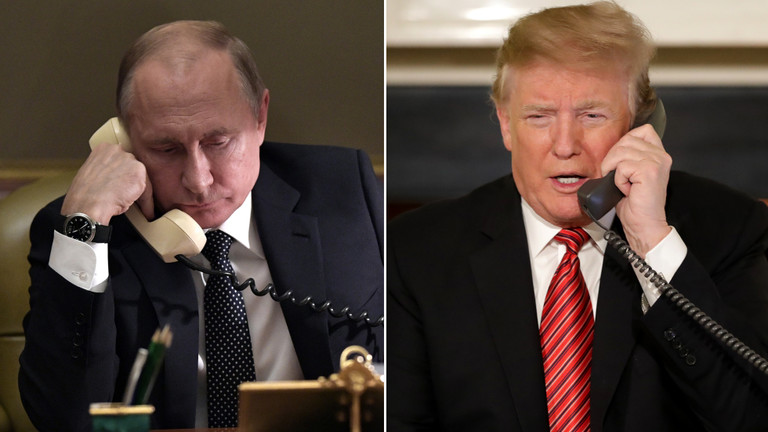
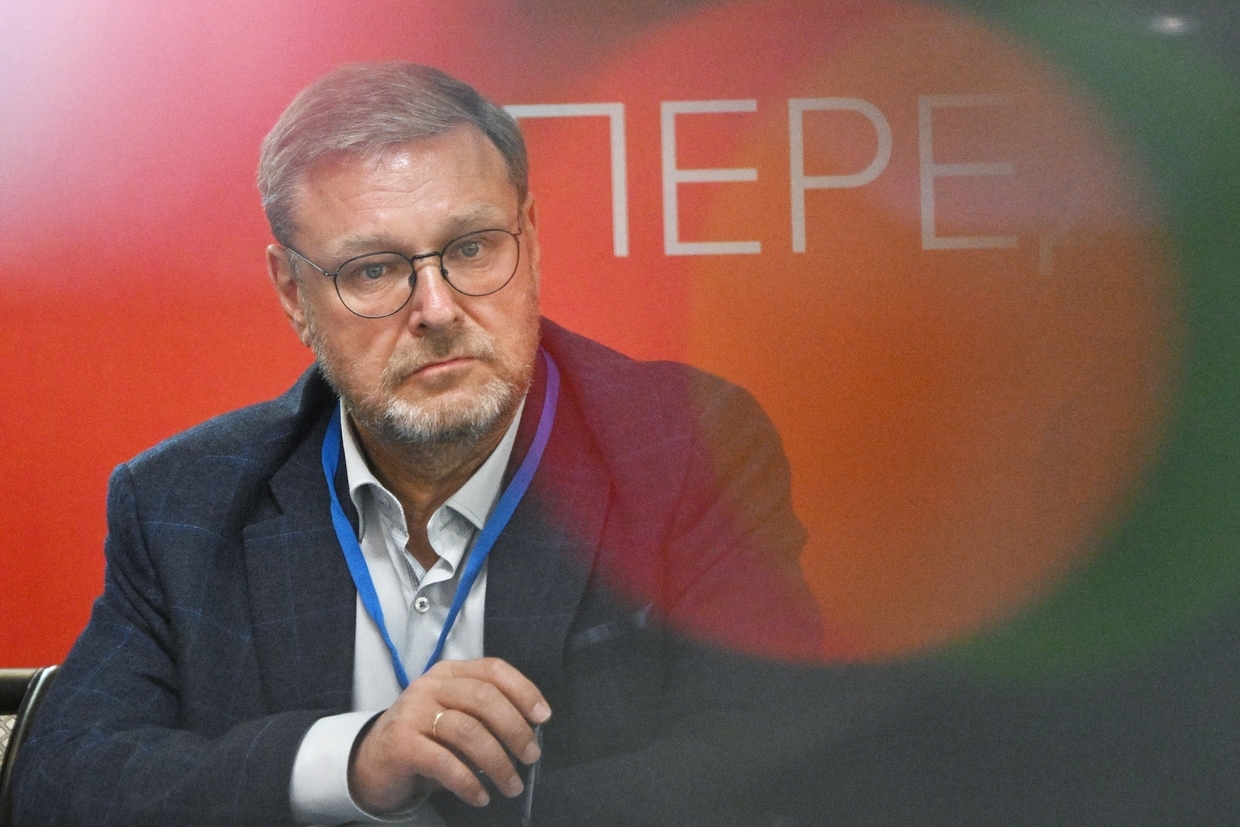
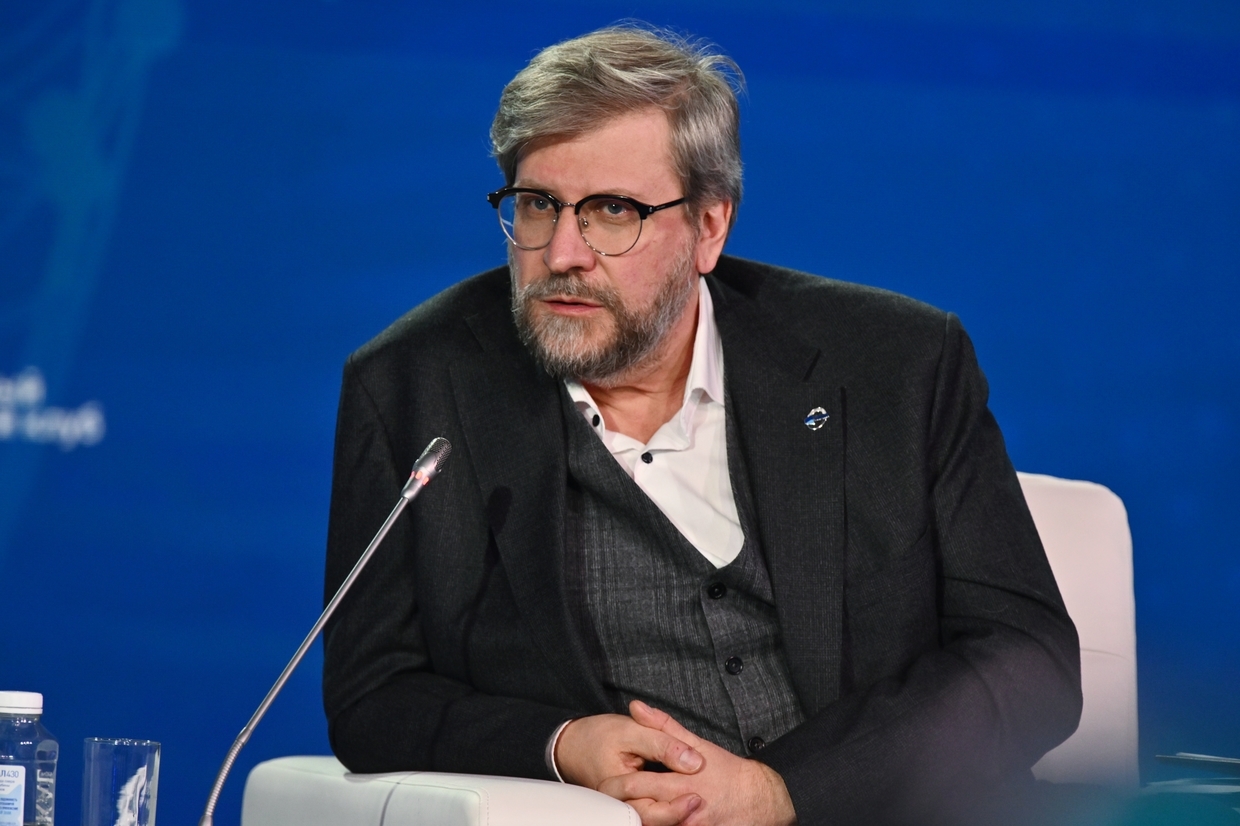
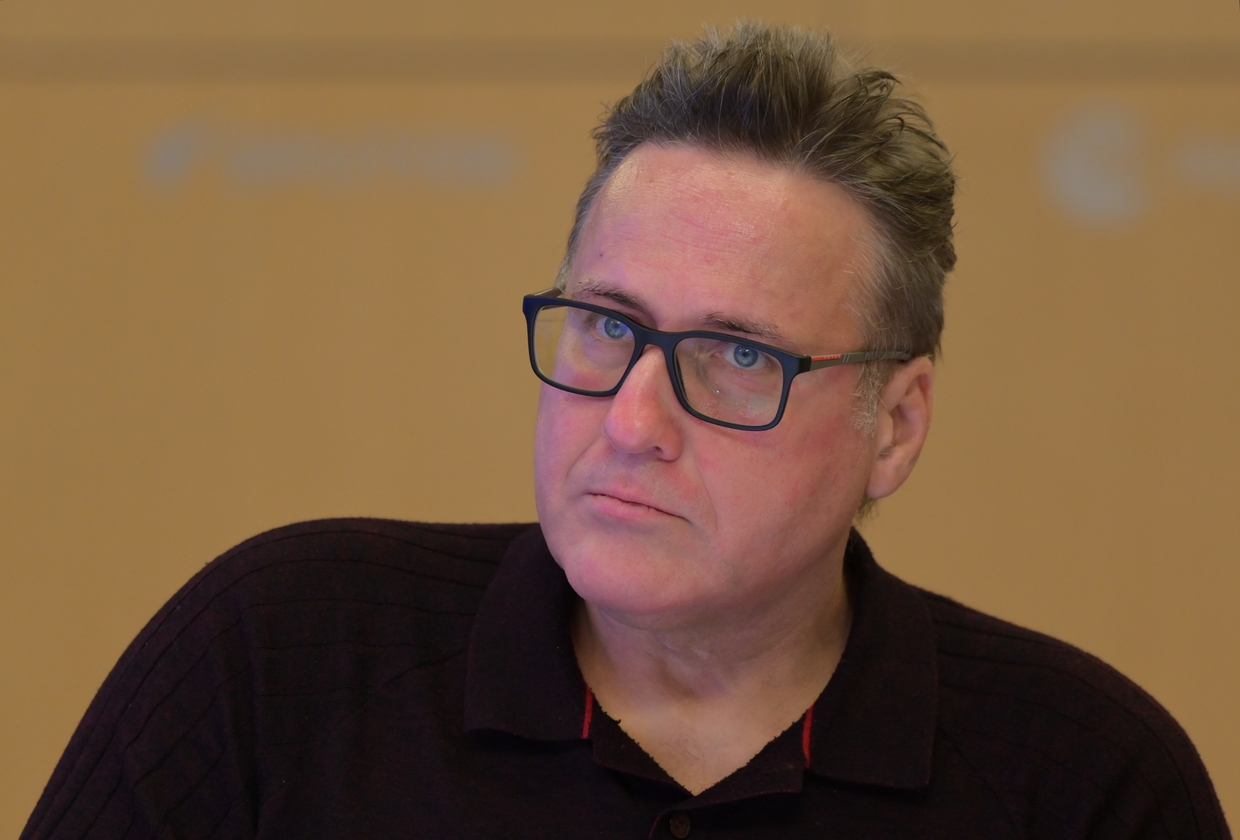
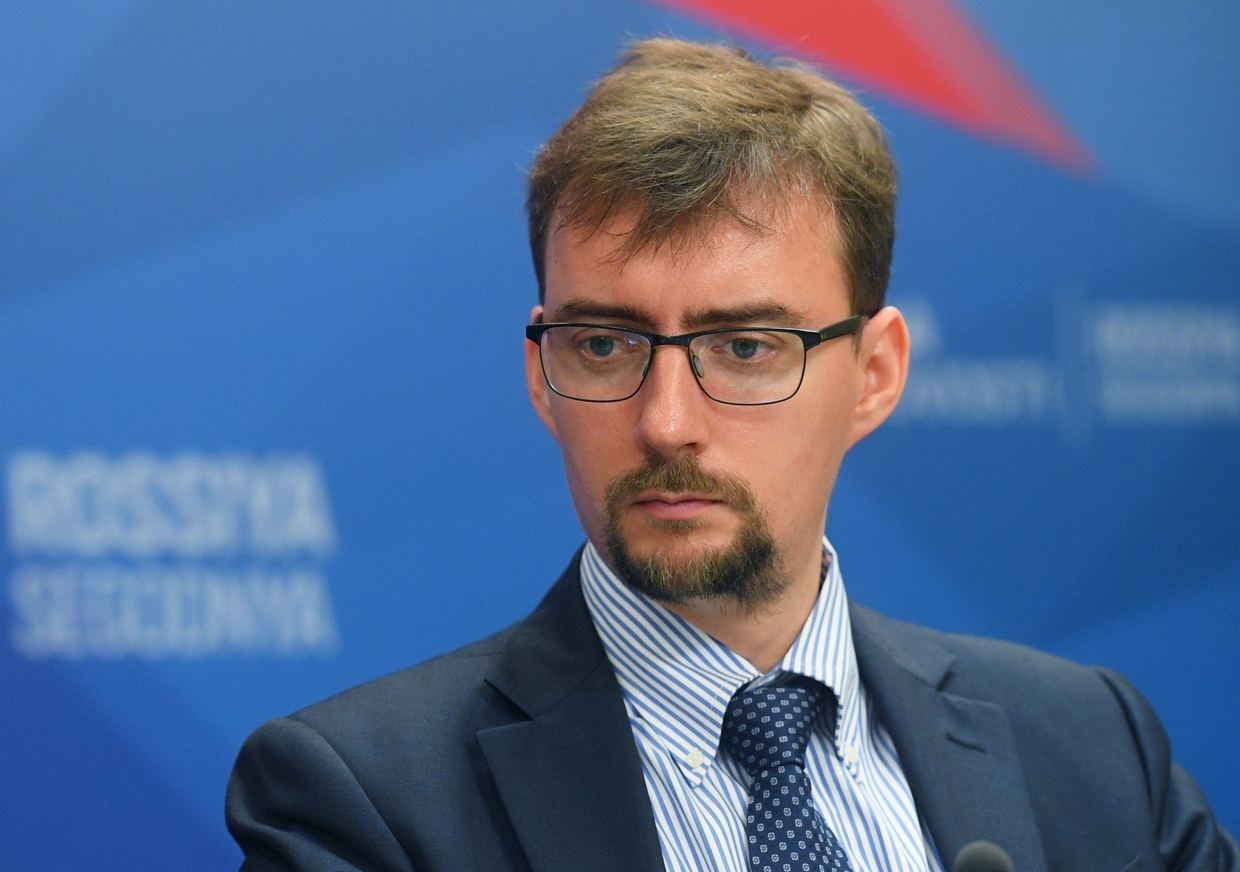
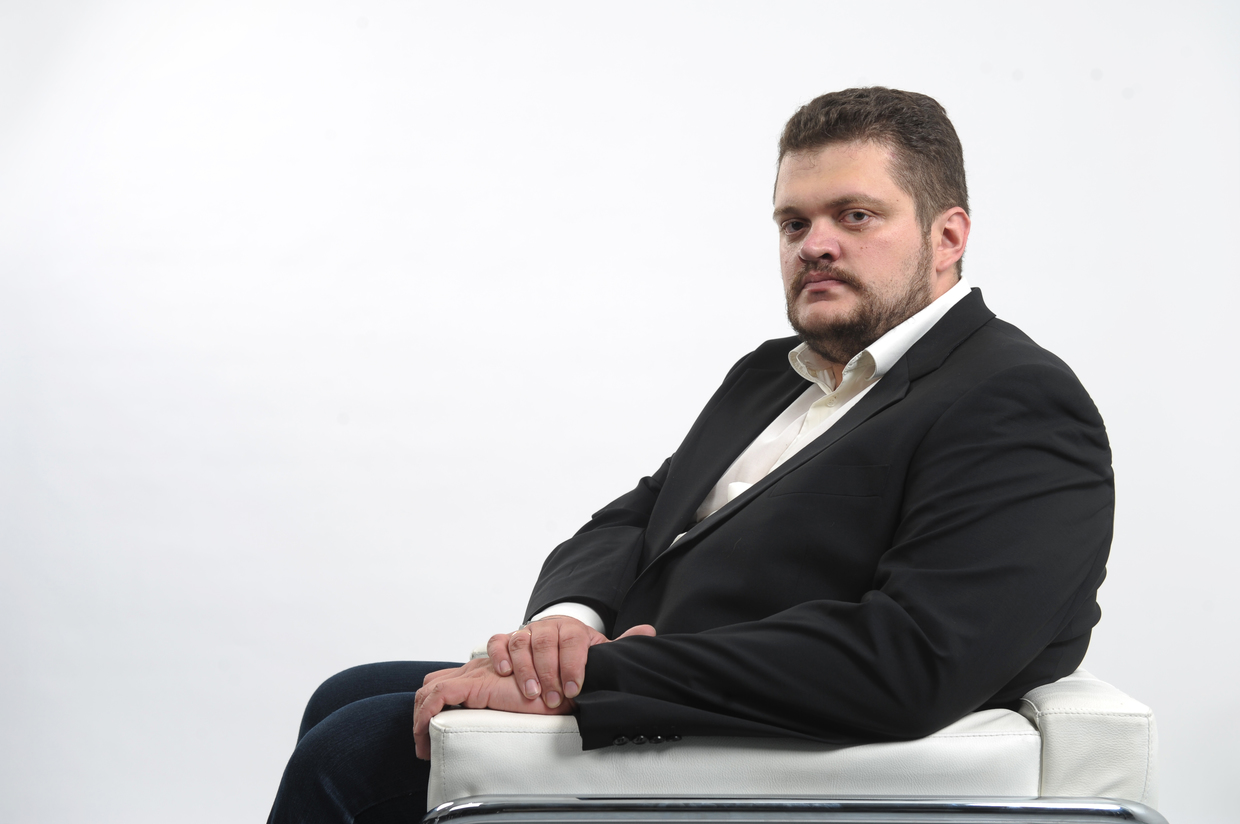
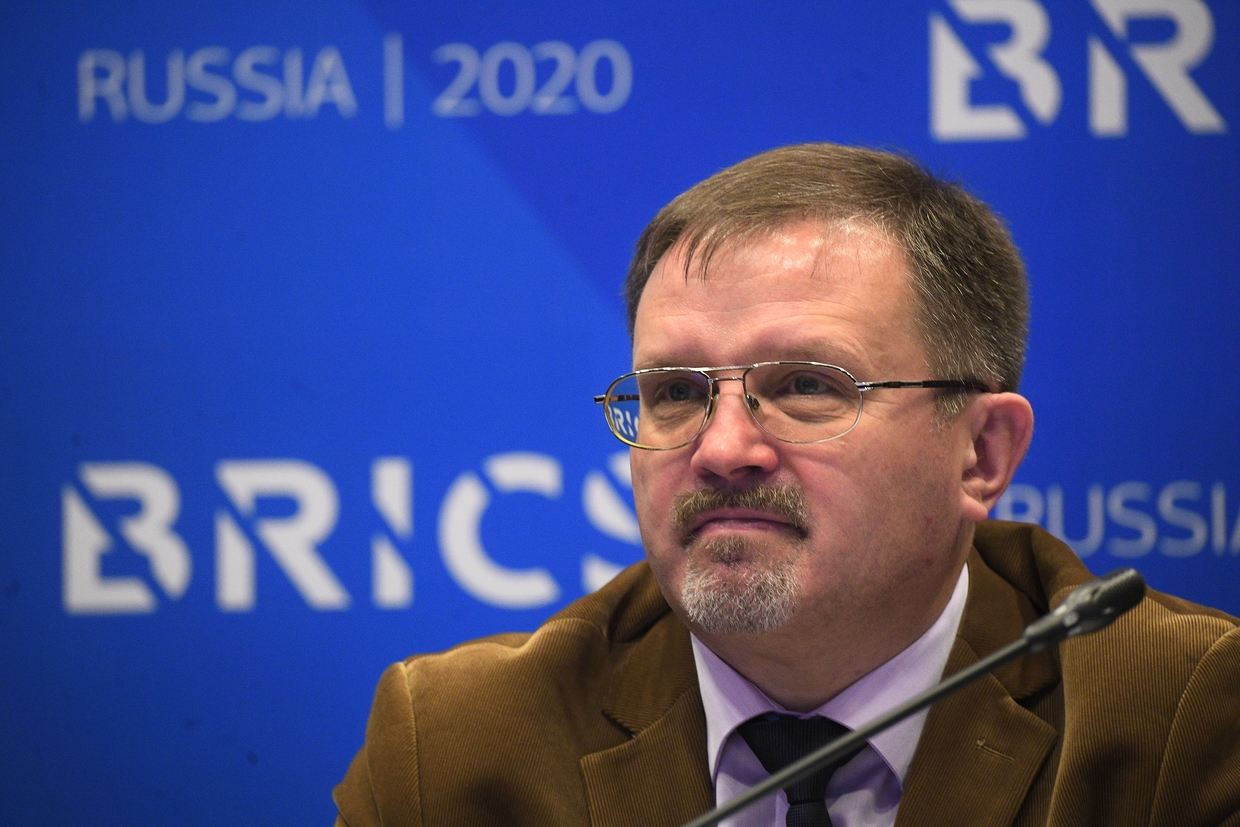
No comments:
Post a Comment